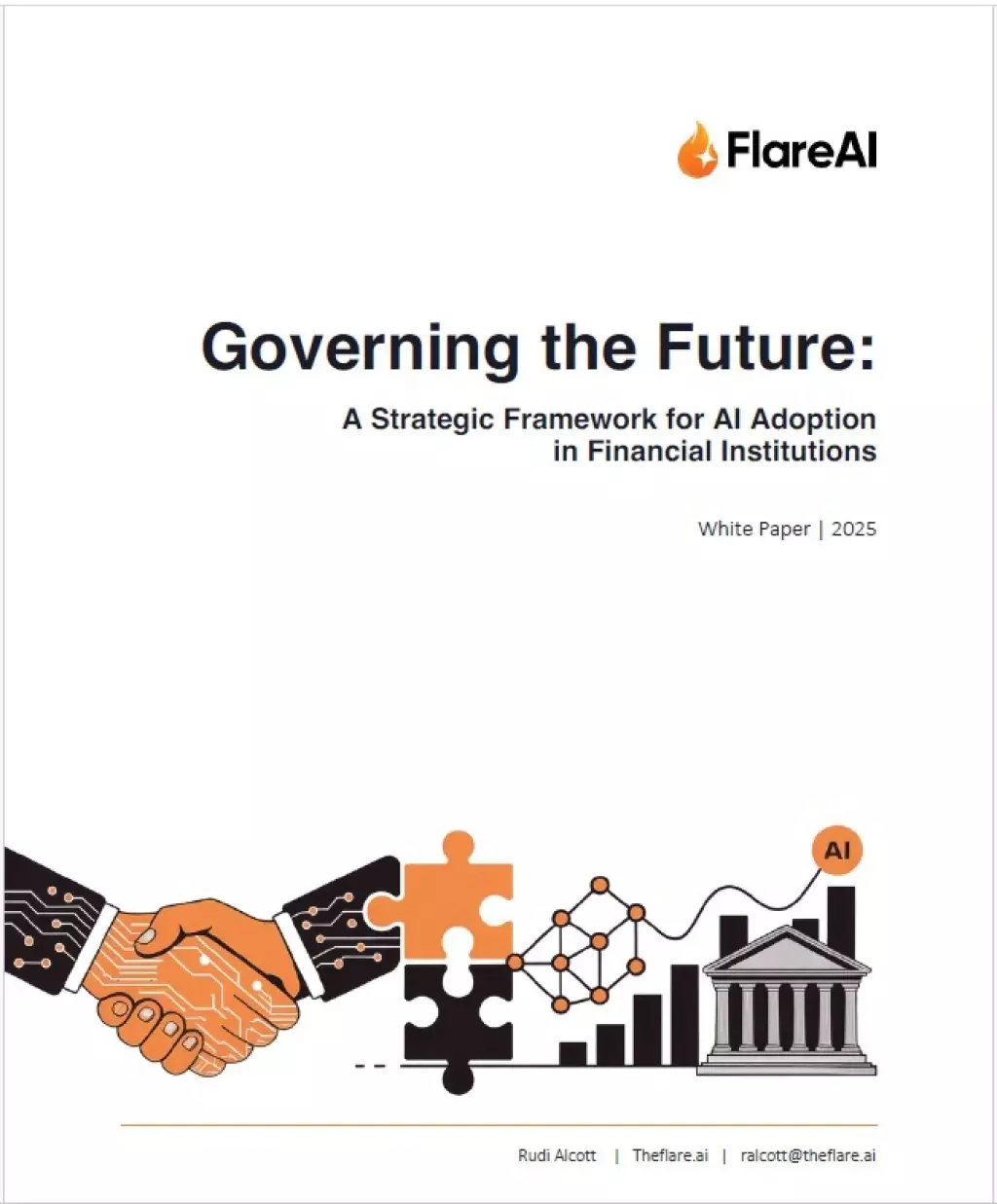FTC Removes Lina Khan-Era AI Blog Posts on Consumer Risks and Open Source
The Federal Trade Commission has removed multiple blog posts from the tenure of former chair Lina Khan that addressed open-source artificial intelligence and potential consumer risks, according to Wired.
The deleted posts included “On Open-Weights Foundation Models,” published in July 2024, “Consumers Are Voicing Concerns About AI” from October 2023, and “AI and the Risk of Consumer Harm,” released in January 2025. These posts discussed issues such as transparency in AI models, consumer trust, and risks like fraud and discrimination. According to the Internet Archive, the pages were active through mid-August 2025 before being redirected or removed.
The removals occurred after the Trump administration appointed Andrew Ferguson as FTC chair. Under his leadership, the agency has withdrawn hundreds of posts and guidance documents related to AI, consumer protection, and competition. Former FTC public affairs director Douglas Farrar said he was surprised by the decision, noting it diverged from the administration’s stated support for open-source AI.
An FTC spokesperson did not comment on the reasoning behind the deletions. The changes follow similar actions across federal agencies to revise or remove online materials from previous administrations.
We hope you enjoyed this article.
Consider subscribing to one of our newsletters like AI Policy Brief or Daily AI Brief.
Also, consider following us on social media:
More from: Regulation
Subscribe to AI Policy Brief
Weekly report on AI regulations, safety standards, government policies, and compliance requirements worldwide.
Whitepaper
Governing the Future: A Strategic Framework for AI Adoption in Financial Institutions
This whitepaper explores the transformative impact of artificial intelligence on the financial industry, focusing on the governance challenges and regulatory demands faced by banks. It provides a strategic framework for AI adoption, emphasizing the importance of a unified AI approach to streamline compliance and reduce operational costs. The document offers actionable insights and expert recommendations for banks with fewer than 2,000 employees to become leaders in compliant, customer-centric AI.
Read more
